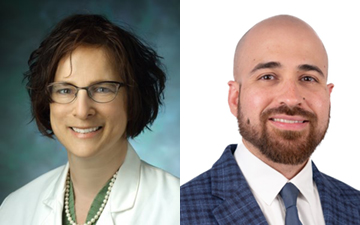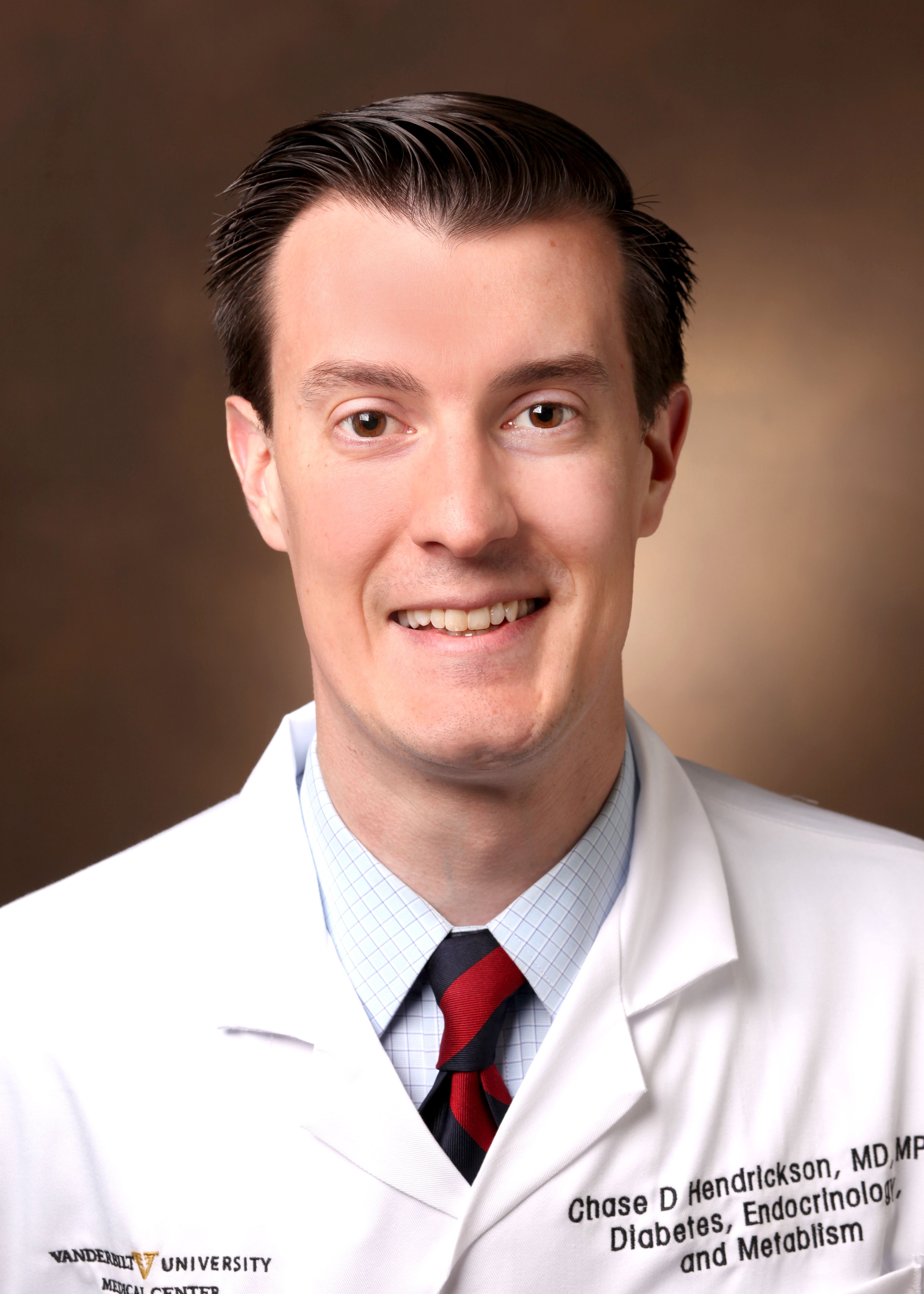EFL064
For our 64th episode, we return to The Journal of Clinical Endocrinology & Metabolism to review a recent paper that attempts to elucidate the connection between subclinical thyroid disease and cardiovascular disease. Any of you listeners who see patients with thyroid conditions likely frequently encounter people with mild thyroid abnormalities and need to figure out if those abnormalities may have a clinical impact. So, given the many unanswered questions in this area, we thought this article well worth discussing. Not only do these authors use an observational study design, but their work is a pooling of multiple observational investigations, necessitating a careful thinking through of the methodology. Host Chase Hendrickson, MD, from Vanderbilt University talks with regular contributor Anupam Kotwal, MD, from the University of Nebraska Medical Center, and guest expert Jennifer S. Mammen, MD, PhD, from Johns Hopkins University School of Medicine. They discuss “Associations Between Subclinical Thyroid Dysfunction and Cardiovascular Risk Factors According to Age and Sex” by Baretella et al, published in the May 2025 issue of JCEM.
Meet the Speakers

Jennifer S. Mammen, MD, PhD, is an associate professor of medicine at Johns Hopkins University School of Medicine in the Division of Endocrinology, Diabetes and Metabolism. She was awarded a BS with honors from Stanford University, a Churchill Scholar for study at Cambridge University and a Medical Scientist Training Award for her medical and graduate degrees at Johns Hopkins, where she was elected to the Alpha Omega Alpha medical society. Dr. Mammen is an R01-funded clinical researcher with a program in functional thyroid disease and aging. Her work with data from the Baltimore Longitudinal Study of Aging and the Richman Center for Precision Medicine in Alzheimer’s Disease at Johns Hopkins focuses on understanding the complexity of hormonal responses to aging, and the benefits as well as potential harms of hormonal therapies in older adults. She founded the Johns Hopkins Clinic for Endocrine Aging, dedicated to providing appropriate care to older adults and as a center for clinical research on the role of endocrinology in healthy aging. She is an active member of the American Thyroid Association.
Anupam Kotwal, MD, MSc, is an associate professor in the Division of Diabetes, Endocrinology and Metabolism and medical director of the Thyroid Tumor Program at University of Nebraska Medical Center. He is a physician-scientist specializing in thyroid cancer, thyroid nodules, and endocrine adverse effects of cancer therapies. Dr. Kotwal graduated from medical school at University of Delhi in India, after which he completed internal medicine residency at the University of Massachusetts and an endocrinology fellowship at Mayo Clinic. He is a fellow of the Royal College of Physicians of Edinburgh, a fellow of the American Association of Clinical Endocrinology, and past-chair of the Midwest section of American Federation for Medical Research. Dr. Kotwal’s research is currently funded by a scholar grant from Great-Plains IDeA-CTR network for the National Institutes of Health/National Institute of General Medical Sciences.
Everything said on the podcast represents individuals’ opinions only and not those of the participants’ institutions or of the Endocrine Society.
Resources
Meet the Host
 Chase Hendrickson, MD, MPH, practices general endocrinology at the Vanderbilt University Medical Center, where he is an associate program director for the endocrinology fellowship program. His interests include endocrine education, teaching inferential methods, and quality improvement.
Chase Hendrickson, MD, MPH, practices general endocrinology at the Vanderbilt University Medical Center, where he is an associate program director for the endocrinology fellowship program. His interests include endocrine education, teaching inferential methods, and quality improvement.
Subscribe
Stay up to date by copying the following into your podcast player:
https://www.endocrine.org/-/media/endosociety/files/podcasts/efl/efl.xml
Or you can find us on the following streaming services: